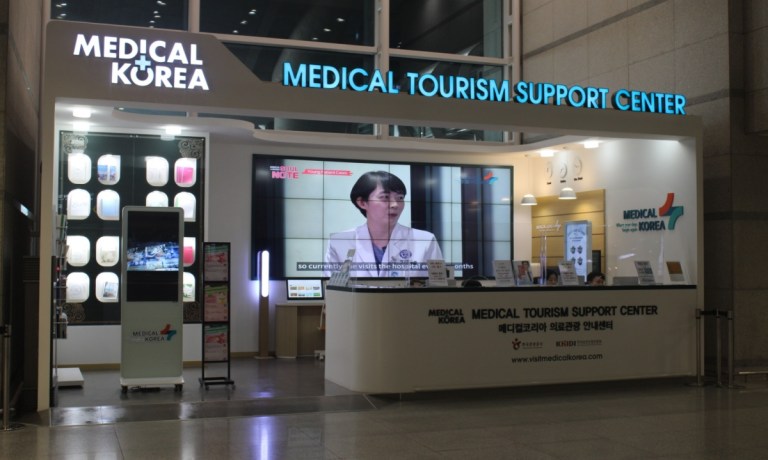Mastercard to Facilitate Cross-Border Payments for Medical Tourism Association

Mastercard and the Medical Tourism Association (MTA) have teamed up to modernize the medical tourism experience for patients and providers around the world.
The MTA will launch a one-stop platform called Better by MTA that will not only help arrange medical treatments but also use Mastercard’s commercial virtual card technology to facilitate fast and secure cross-border payments, the organizations said in a Wednesday (July 10) press release emailed to PYMNTS.
“For nearly two decades, we have played a critical role in providing affordable, transparent and high-quality healthcare by connecting patients with an extensive network of trusted, accredited providers worldwide,” Jonathan Edelheit, chairman and co-founder of the MTA, said in the release. “Developing a single interface with integrated Mastercard payment capabilities and services is a critical step in our mission to make quality healthcare secure and accessible across borders.”
The medical tourism industry has largely relied on cash and wire transfers, which has left patients with concerns about hidden costs, exchange rate complexities and fraud risk, according to the release.
With the platform enabled by the partnership of the MTA and Mastercard, patients will be able to book treatments and use a payment method of their choice, the release said.
The MTA will handle the rest, with its banking partner issuing a Mastercard virtual card to pay the healthcare provider directly once the patient’s payment is initiated and validated, per the release.
This collaboration is the latest example of Mastercard’s efforts to solve pain points across industries and simplify the way money flows, Chad Wallace, global head of commercial solutions at Mastercard, said in the release.
“We’re embedding our technologies to drive safer and faster payment experiences at scale, and this latest collaboration unlocks our ability to further extend the advantages of Mastercard virtual cards to reimagine the healthcare ecosystem,” Wallace said.
The use of virtual cards within B2B healthcare is one of the more promising solutions to challenges in the healthcare industry, Wallace told PYMNTS’ Karen Webster in an interview posted in January.
“By using virtual cards, we’ve been able to speed up the payment process overall between insurance companies and medical providers,” Wallace said.